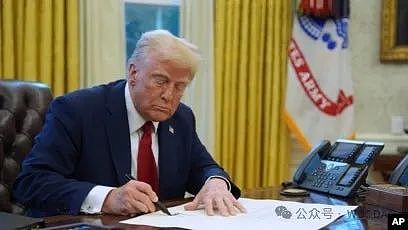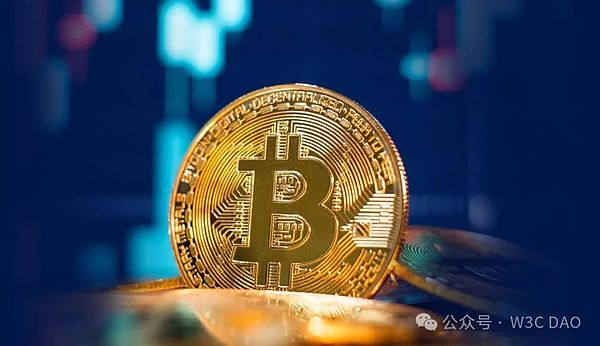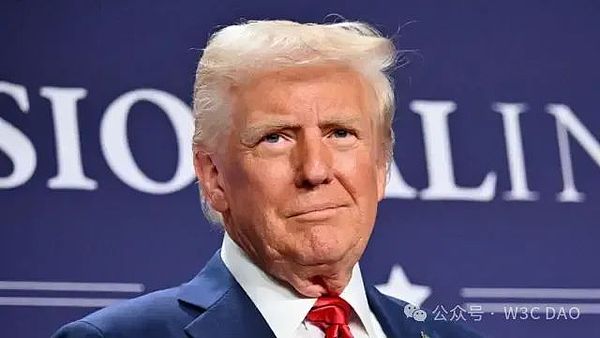Author: W3C DAO
Tariff Stick
Previously, US President Trump signed a tariff order to impose an additional 25% tariff on imports from Canada and Mexico and a 10% tariff on energy resources from Canada. The White House said that if the US tariffs are retaliated, the US may increase the tariffs.
In addition, according to Xinhua News Agency, the White House said on the same day that the United States will impose a 10% tariff on all goods imported from the mainland on the basis of existing tariffs. Trump said this is consistent with the "protectionist measures" he supports.
Affected by Trump's tariff policy, Japanese and Korean stock markets fell sharply on Monday. The Nikkei 225 Index closed down 1,052.40 points, or 2.66%, at 38,520.09 points on February 3 (Monday); the South Korean KOSPI Index closed down 64.04 points, or 2.54%, at 2,453.33 points on February 3 (Monday).
According to Coinglass data, in the past 24 hours, the entire network had a liquidation of $2.119 billion, of which $1.78 billion was liquidated for long orders and $270 million was liquidated for short orders. A total of 718,513 people were liquidated worldwide. The largest single liquidation occurred on Binance-ETHBTC, with a value of $25.635 million.

According to Jinshi, Goldman Sachs strategists said that the U.S. stock market is likely to fall 5% in the coming months as the latest round of tariffs from the Trump administration affects earnings forecasts.
Goldman Sachs strategist David Kostin wrote in a report: "These statements shocked many investors, who expected tariffs to be imposed only if trade negotiations failed. Our economists see an uncertain outlook but believe that tariffs on Canada and Mexico are likely to be temporary."
Kostin also said that if it continues, the latest tariffs will reduce his earnings forecasts for S&P 500 companies by about 2% to 3%, and this does not take into account the impact of further tightening of the financial environment or changes in consumer and corporate behavior. He also warned that the fair value of the S&P 500 could fall by about 5% in the short term as both earnings and stock valuations take a hit.
Various Opinions
Analysts at brokerage firm Bernstein said in a report to clients: "If tariffs mean a stronger dollar, higher inflation and a weakening outlook for rate cuts in the short term, then this means a decline in global liquidity for risky assets. Over a longer time frame, as governments take on higher debts and higher deficits, leading to further currency depreciation, Bitcoin has relative value relative to the dollar, which is evident in Bitcoin's long-term compounding history. But in the short term, Bitcoin is correlated with risky assets. Therefore, the sell-off in cryptocurrencies is not surprising."

Bernstein analysts believe that in the long run, the Trump administration believes that cryptocurrencies are of strategic significance to government governance and national finances, and are aimed at controlling inflation by cutting deficits, cost-cutting departments of the Government Efficiency Department led by Elon Musk, and increasing energy production. Although foreign governments may retaliate against tariffs by selling U.S. Treasuries.
But Bernstein expects sovereigns to hoard gold and Bitcoin as economic buffers, the United States will lead the shift to support cryptocurrencies, and more countries may follow suit.
However, Jeff Park, head of strategy at Bitwise Alpha, said that tariffs may only be a temporary tool, but the long-term conclusion is that Bitcoin will not only go higher, but also faster, because both sides of the trade imbalance equation want Bitcoin, so the final result is the same: higher prices and faster speeds.
Petr Kozyakov, CEO of crypto payment platform Mercuryo, pointed out that after Trump announced the tariffs on Friday, a wave of FUD was set off in the cryptocurrency market, and the prospect of long-term interest rate hikes shook all markets around the world. Although Bitcoin has fallen below the $100,000 mark, the king of cryptocurrencies has once again proved itself to be unique, in stark contrast to altcoins that have fallen across the board.

Aave founder Stani Kulechov said: "Tariffs will raise funds and increase domestic production for the United States, and will also allow other countries to raise funds and increase their domestic production, so that every country will participate in the competition for domestic production. This is not a recession, but a reorganization of the entire global economy. For those who see the uncertainty of the stock market crash during the transition, cryptocurrencies will serve as a hedge, and for those who want to reduce the uncertainty of the bond market crash, DeFi income will also serve as a hedge."
Looking forward
Looking forward, the global economy will continue to adjust and reorganize under the influence of tariff policies and cryptocurrencies. As governments seek a balance between trade protectionism and digital asset strategies, market uncertainty and volatility may increase.
However, this also provides new opportunities for cryptocurrencies and decentralized finance (DeFi) as a tool to hedge risks in traditional financial markets. In the future, we may see more countries adopt Bitcoin and other crypto assets as economic buffers, driving the global financial system towards a more diversified and innovative direction.
 Anais
Anais




